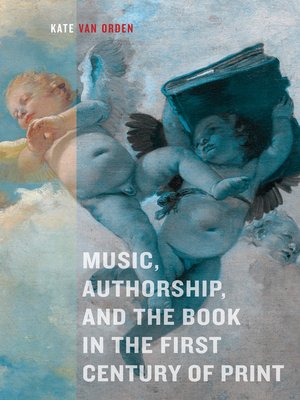
Sign up to save your library
With an OverDrive account, you can save your favorite libraries for at-a-glance information about availability. Find out more about OverDrive accounts.
Find this title in Libby, the library reading app by OverDrive.



Search for a digital library with this title
Title found at these libraries:
| Loading... |
What does it mean to author a piece of music? What transforms the performance scripts written down by musicians into authored books? In this fascinating cultural history of Western music's adaptation to print, Kate van Orden looks at how musical authorship first developed through the medium of printing. When music printing began in the sixteenth century, publication did not always involve the composer: printers used the names of famous composers to market books that might include little or none of their music. Publishing sacred music could be career-building for a composer, while some types of popular song proved too light to support a reputation in print, no matter how quickly they sold. Van Orden addresses the complexities that arose for music and musicians in the burgeoning cultures of print, concluding that authoring books of polyphony gained only uneven cultural traction across a century in which composers were still first and foremost performers.






